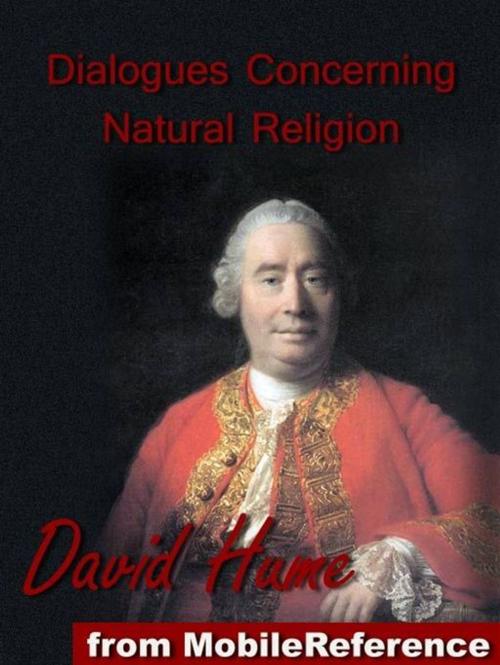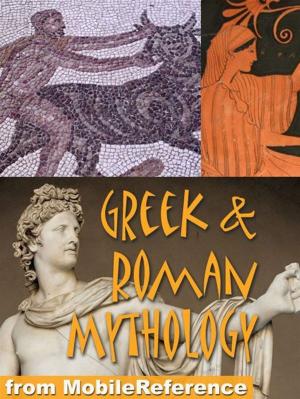Dialogues Concerning Natural Religion (Mobi Classics)
Nonfiction, Religion & Spirituality, Philosophy, Religious| Author: | David Hume | ISBN: | 9781607782957 |
| Publisher: | MobileReference | Publication: | January 1, 2010 |
| Imprint: | MobileReference | Language: | English |
| Author: | David Hume |
| ISBN: | 9781607782957 |
| Publisher: | MobileReference |
| Publication: | January 1, 2010 |
| Imprint: | MobileReference |
| Language: | English |
Dialogues Concerning Natural Religion is a philosophical work written by the Scottish philosopher David Hume. Through dialogue, three fictional characters named Demea, Philo, and Cleanthes debate the nature of God's existence. While all three agree that a god exists, they differ sharply in opinion on God's nature or attributes and how, or if, humankind can come to knowledge of a deity.In the Dialogues, Hume's characters debate a number of arguments for the existence of God, and arguments whose proponents believe through which we may come to know the nature of God. Such topics debated include the argument from design -- for which Hume uses a house -- and whether there is more suffering or good in the world (argument from evil).Hume started writing the Dialogues in 1750 but did not complete them until 1776, shortly before his death. They are based partly on Cicero's De Natura Deorum. The Dialogues were published posthumously in 1779, originally with neither the author's nor the publisher's name. Excerpted from Wikipedia, the free encyclopedia.
Dialogues Concerning Natural Religion is a philosophical work written by the Scottish philosopher David Hume. Through dialogue, three fictional characters named Demea, Philo, and Cleanthes debate the nature of God's existence. While all three agree that a god exists, they differ sharply in opinion on God's nature or attributes and how, or if, humankind can come to knowledge of a deity.In the Dialogues, Hume's characters debate a number of arguments for the existence of God, and arguments whose proponents believe through which we may come to know the nature of God. Such topics debated include the argument from design -- for which Hume uses a house -- and whether there is more suffering or good in the world (argument from evil).Hume started writing the Dialogues in 1750 but did not complete them until 1776, shortly before his death. They are based partly on Cicero's De Natura Deorum. The Dialogues were published posthumously in 1779, originally with neither the author's nor the publisher's name. Excerpted from Wikipedia, the free encyclopedia.















